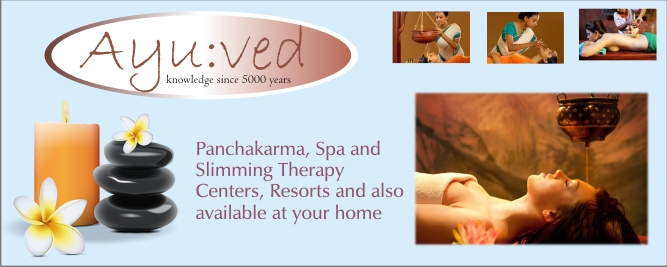Uncategorized
Ayurvedic Prescription For Love
You can find prescription for love.
Ayurveda ancient medical science advocates food,social lifestyles habits,herbs helps strengthen love bonding in humans.
Kapha dosha is the key for building love bonds in the body.
Use of massage oils , food reach in madhur rasa , herbs that increase kapha dosha, and Panchakarma therapy like shirodhara can improve love bonds in the body.
Following research references will establish ayurveda basic principles.
As young children, we are hard-wired to seek the love and acceptance of our parents or caregivers, which provides a sense of safety that is oriented around survival. This desire to be loved and approved of is genetically coded into our survival nervous system. In fact, studies suggest that numerous physiological functions are dependent on love. (1,2) This feeling of safety from love and acceptance creates the same chemistry of reward in our bodies that drives aspects of hunger, digestion, growth, development and reproduction. (3)
Research has also shown that love has an important stress-reducing and health-promoting potential, since it holds the ability to facilitate beneficial motivation and behavior that promotes our survival. (4) Further, it has been found that joyful activities such as love may activate areas in the brain responsible for emotion, attention, motivation and memory, and influence the autonomic nervous system, which governs our response to stress. (5) Science has shown that stress and painful experiences are related to increased risk of illness, while sociality in the form of love, faith, hope and laughter are known to soothe experiences of stress and pain. (3)
Love often goes hand-in-hand with feelings of joy, interest, and contentment, and science has shown many intriguing health benefits of these positive emotions as well. A positive psychological state is associated with enhanced health and well-being, including favorable effects on heart rate, blood pressure, and inflammatory markers. (6) Joy has been associated with lower morbidity and stress rates in a study of adults aged 65-86 years (7), and research shows that positive emotions such as joy, interest, contentment, and love build upon each other for optimizing health and well-being. (8)
While being social is a learned form of creating a sense of safety and belonging, touch is considered an inborn or innate form of love, security and well-being. (3) Giving loving and caring touch, holding someone in need, and massage have all been shown to stimulate the natural production of oxytocin in our bodies. Oxytocin is a hormone associated with love, bonding, giving, and caring for others. Basically, the more you love, the more oxytocin you produce and the more you can love. (9)
Studies suggest that the production of oxytocin is linked to numerous health benefits, including pleasure, happiness, stable mood, and a better ability to handle stress. Oxytocin is also associated with increased social interaction, which is linked to longevity and an anti-stress response in the hypothalamic-pituitary-adrenal axis (HPA-axis), which is the primary pathway connecting the gut microbiome to the brain. This pathway is linked to the health of almost every physiological function in the body. (10)
Thus, research suggests that humans are hard-wired to need love and approval to feel safe. This safety drives sociality and even our evolution. (1-3, 9) Further, studies have shown that oxytocin, the love hormone, is naturally produced without any promise of the reward of being loved, being approved of, being accepted or even being safe. (10)
From an Ayurvedic perspective, there is a shift that takes place from childhood, when one needs love to feel safe, in order to survive to adulthood where one is completely contented by giving, loving and caring.
Dopamine, known as the ‘reward hormone,’ is triggered and released in our bodies when we receive acceptance and the approval of others. The pleasure from this reward hormone keeps us wanting another reward.
Oxytocin, on the other hand, is released when one gives love to another with no promise of a reward or any expectation to receive anything in return. (10)This shift from needing love to being love is the entire premise of the Vedic sciences, which include yoga and Ayurveda.
References:
http://www.ncbi.nlm.nih.gov/pmc/articles/PMC3537144/http://www.ncbi.nlm.nih.gov/pubmed/18227772http://archinte.jamanetwork.com/article.aspx?articleid=617232http://www.ncbi.nlm.nih.gov/pubmed/15990719http://www.ncbi.nlm.nih.gov/pubmed/15990734http://www.ncbi.nlm.nih.gov/pubmed/19796062http://www.ncbi.nlm.nih.gov/pubmed/15248472http://www.ncbi.nlm.nih.gov/pubmed/15347528 http://www.ncbi.nlm.nih.gov/pubmed/23251939http://www.ncbi.nlm.nih.gov/pmc/articles/PMC4290532/
Bhagavad-Gita. Ch. 2 – Verse
http://www.ncbi.nlm.nih.gov/pmc/articles/PMC3537144/

